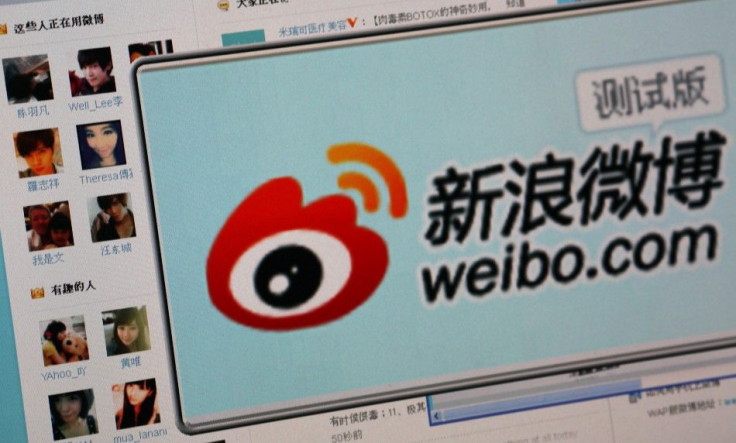China Seeks to Crackdown on Social Media, Microblogs

Chinese authorities are reportedly cracking down on Internet users after three people were apparently “punished” for the crime of “spreading false rumors” online.
According to Chinese media, a college student was detained and questioned after he (or she) published a fake news article that said a man murdered eight people in the southwestern province of Yunnan.
In another case, an editor of a Web site was given a warning after posting a story about the crash of an air force fighter jet without confirming the facts.
In the third case, a resident of the city of Shanghai was placed under police custody for more than two weeks after he allegedly posted a falsified income tax report on the Web.
Government officials said they will also probe other similar cases.
China reportedly has almost 500 million registered Web users.
The newly revived restrictions on media come on the heels of a new list of cultural development guidelines that Communist Party leaders established last week, including greater state control over social media and punishment for those who peddle harmful information.”
Indeed, in May, the Beijing government created the State Internet Information Office (SIIO) to monitor online content, particularly news Web sites.
SIIO has warned bloggers they will be punished if they post false rumors or pornography online.
Sarah McDowall, the Asia-Pacific regional manager at IHS Global Insight, told BBC: We have seen a tightening of control under the [President] Hu Jintao government. Officials are particularly worried by the rise in popular protests and will have observed the fall of Gaddafi last week. With China facing a leadership change next year, the government feels it cannot soften its stance.
Of particular concern to authorities is the proliferation of “micro-bloggers.” Sina Weibo, a Chinese microblog operator, said it has 250 million registered accounts (including 50,000 companies) that transmit about 90 million messages daily.
These services would make state censorship difficult if not impossible.
© Copyright IBTimes 2024. All rights reserved.











